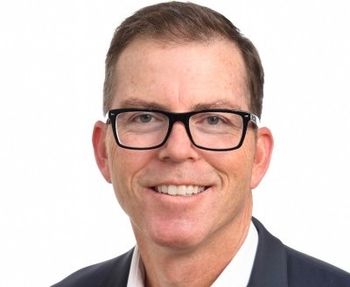
Social Determinants of Health Play Key Role in New Northwell-NowPow Partnership
The health system’s Medicaid patients may access community resources that could improve their health.
A healthcare startup is leveraging growing awareness of social determinants of health to enable healthcare providers to better connect their patients with community resources. Chicago-based
The company recently forged a partnership with New York-based
“We know that medical care alone is not enough to make people healthy,” Nancy Copperman, M.S., R.D., CDN, Northwell’s vice president of community health, said in a press release. “Total health also requires healthy food, a safe place to live and the ability to get to the care you need.”
Copperman said NowPow’s resources can help Northwell address those needs, whether they be remediation of mold at home for an asthma patient or access to healthy foods for a patient with diabetes.
In an email to Inside Digital Health™, NowPow said its services typically start with a referral from a healthcare provider, shared by print, email or text message. Those referrals contain a link that patients can use to further explore resources. Providers can also grant access to FindRx, NowPow’s customer-facing search engine for services.
For higher-risk patients, NowPow offers referral tracking and coordination to ensure patients are aware of — and using — resources.
“There are times when people need extra support, and NowPow establishes three-way relationships between the healthcare professional, the community partner and the person who needs care,” the company said. “Everyone works together to make sure the person makes the appointment, gets to the appointment, understands the outcome of the appointment, etc.”
NowPow also offers “nudging” functionalities to help remind patients of referrals. The company tries to ensure patients connect with resources by ensuring they are referred to the correct resource for their particular needs.
“This is where our Personalized Community Referrals are a big differentiator, too, because they make sure people have better access to just the right resources based on whatever level of support is needed,” the company said.
Although an increasing body of scientific literature supports the idea that social determinants of health play a
Initially, NowPow had to sell potential customers on the need to address social determinants of health. However, in the era of value-based care, providers have become attuned to the importance of
“Today, we’re growing rapidly to accommodate the demand, which is exciting because we truly believe that powering communities with the knowledge everyone needs to take care of themselves and others will have a huge impact on our nation,” the company said.
Get the best insights in digital health
Related






























